#Hopi Nation
Explore tagged Tumblr posts
Text

Frybread Face and Me (2023) dir. Billy Luther
#indigenous#indigenous people#native american#navajo#navajo nation#Hopi#Hopi nation#fry bread#frybread#frybread face and me#Netflix#film
42 notes
·
View notes
Text
Netzfund

View On WordPress
#Arizona#Bestimmung#der Fluss#Die Älteren#Gemeinschaft#Hopi Nation#Netzfund#Oraibi#Repost#The Elders#Wahrheit
0 notes
Text

Baaj Nwaavjo I'tah Kukveni Grand Canyon National Monument has been fought for for over a decade by the Native American peoples of northern Arizona and southern Utah and it's finally happening!
https://ictnews.org/news/biden-designates-grand-canyon-a-national-monument
(ICTNews is Indian Country Today; I don't know why it's not making an auto-link like the other ones.)
In his dedicating remarks, President Biden acknowledged the violent displacement of the Havasupai, which feels massive to me. I don't know off the top of my head that Clinton or Obama or Bush ever acknowledged the painful and brutal history of the colonization of the West when dedicating monuments; I know without checking that Trump certainly never did.
This is a massive victory. I'm so proud and happy for everyone back home right now.
#national parks#politics#democrat#democrats#biden#biden administration#havasupai#hopi#native american#native rights#news#breaking news#destiel breaking news
395 notes
·
View notes
Text







Indigenous practices could mitigate the effects of global warming. From building seaside gardens to water management in desert terrain, these time-honored practices work with the natural world’s rhythms.
Some might even hold the key to a more resilient future and a means of building security for both Indigenous communities and other groups disproportionately impacted by climate change.
Read more of these tips here.
16 notes
·
View notes
Text
youtube
June 12, 2024 - Does Hopi Blue Star Prophecy Still Expect Apocalypse?
TOPIC: Does Hopi Blue Star Prophecy Still Expect Apocalypse?
Linda is back LIVE this week with a very special episode
Executive order 13526 - signed by Barack Obama
- all classified material over 25 years old will be considered for “automatic declassification”
Interview with Miriam Delicado, author of Blue Star Fulfilling Prophecy
- Extraterrestrial contact has been happening for all time
- Their technology is so far advanced that we cannot comprehend how it works”
- “I had a massive 3-hour download of information”
- “Understanding the physics of our reality”
- “My psychic gifts…exploded after this experience”
- “They said to me..you will remember this”
- “Protect life..both now and for the future”
- “Human beings are the most advanced technology on the planet”
- “We have the ability to manipulate the energy that surrounds us”
- “If humanity could focus..they would shift the planet”
- “One day, every human being alive will know that everything is tied to these extraterrestrial”
- “Who controls the information…controls the world”
- BlueStarProphecy.com
7 notes
·
View notes
Text
Indigenous Tumblr, please interact!
TW: genocide and linguocide in America
I'm a linguistic enthusiast and non-American. I love how diverse the USA & Canada are - thousands and thousands of indigenous languages and they all are unique and so different from any language I've ever seen and heard. But all of them are endangered because the colonizers were erasing them with their speakers. Yet some indigenous languages are still spoken today. I love learning about these languages, but it feels like a colonists approach to learn about an indigenous language without learning its role in its community.
Dear indigenous people of Americas, where your languages are used today? What's their status in society? How do you feel about (not) knowing them? Is it a symbol of pride, resistance, and being part of your community or something that died long time ago? Do kids learn it in school?
If you feel uncomfortable with sharing your experience, it's fine to keep scrolling)
#indigenous#language#nativeamericans#native american#first nations#Cree#cherokee#Navajo#lakota#ojibwe#mi'kmaq#inuit#blackfoot#anishinaabe#Hopi
54 notes
·
View notes
Photo




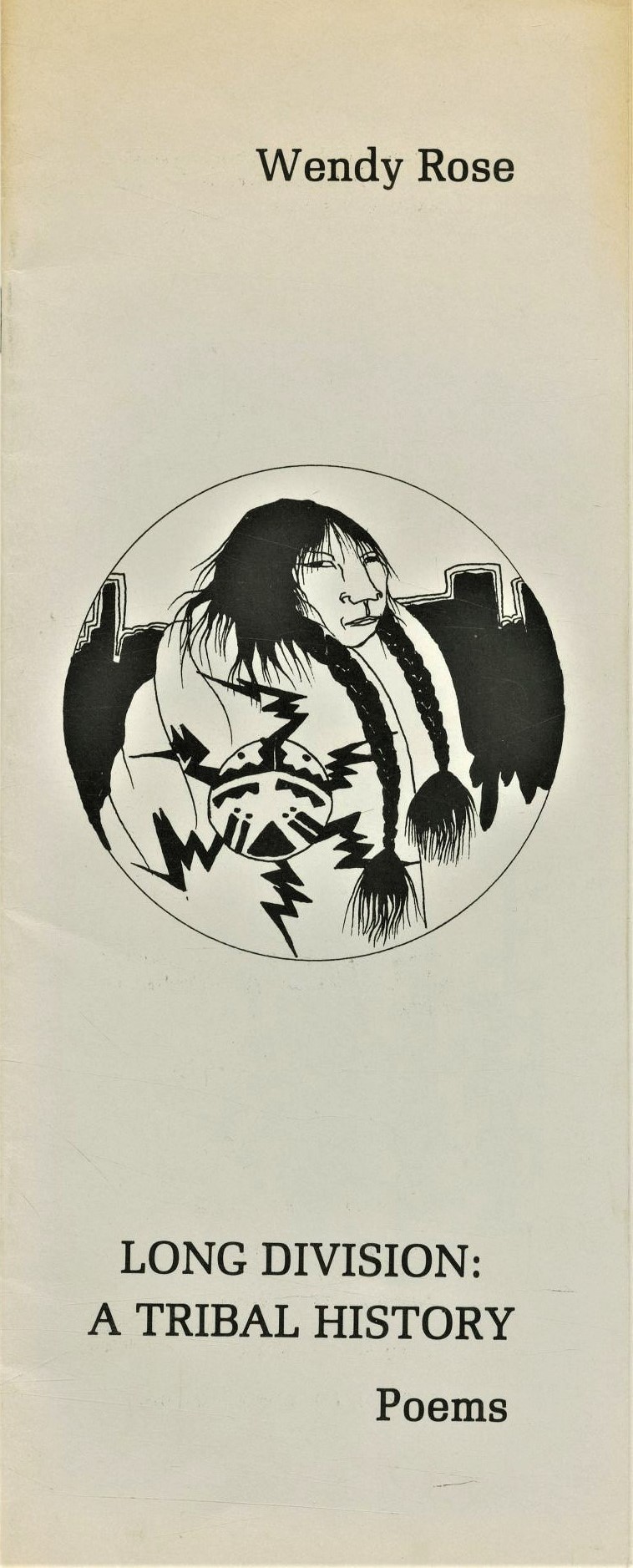

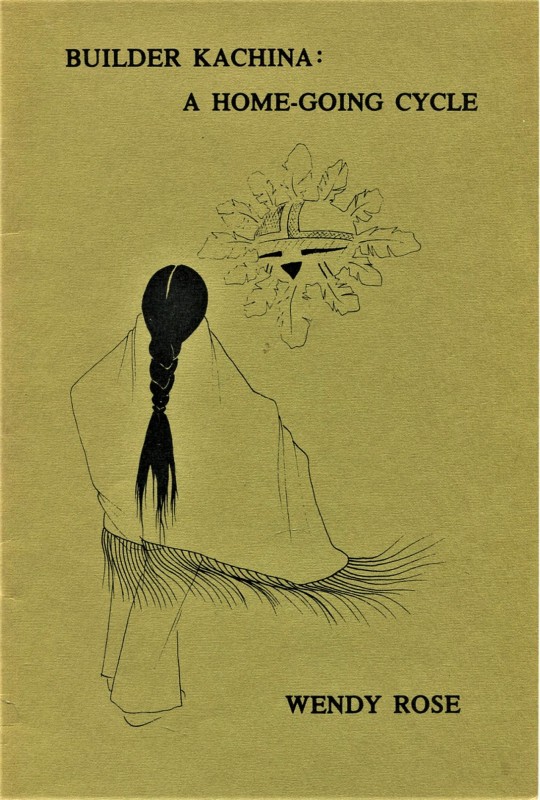

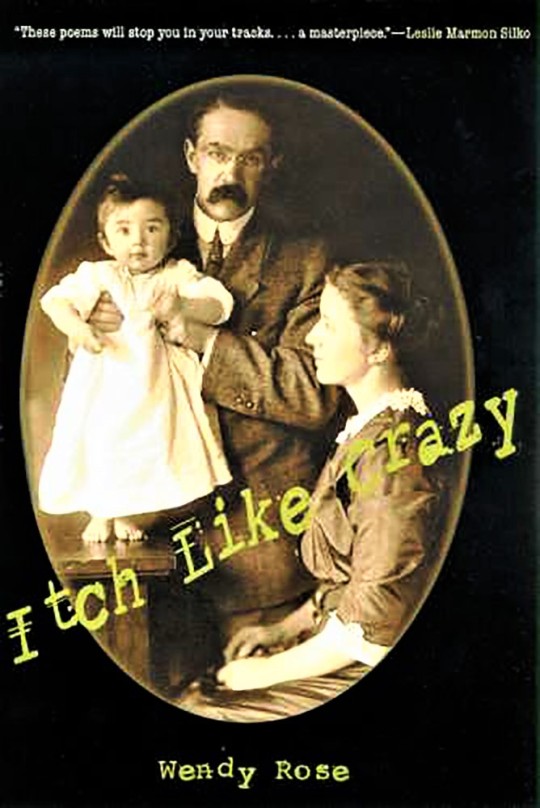

Native American/First Nations Woman Writer of the Week
WENDY ROSE
Hopi/Miwok writer Wendy Rose (1948-) was born in Oakland, California, and did not experience a reservation childhood. She had few connections to her Hopi and Miwok heritage save for stories from her father’s Hopi people. This childhood experience helped shape Rose’s poetry and her focus on reclaiming her cultural identity. Her work is influenced by ethnography, her personal experience of identity, and both her political and feminist stances. Besides poetry, Rose also writes nonfiction that addresses issues of appropriation of Native American culture.
As a young woman, Rose dropped out of high school, joined the American Indian Movement (AIM), and participated in the 1969-71 occupation of Alcatraz. Rose did return to school and earned a BA, MA, and a PhD in anthropology, all from the University of California, Berkeley. Her studies in anthropology helped bridge the gap between her early experiences and her indigenous identity, and she stated that during her time at Berkeley she often “felt like a spy in the field of anthropology.” This experience also led to a decades-long academic career.
UWM Special Collections preserves seven collections of Rose’s poetry: Hopi Roadrunner Dancing (Greenfield Review Press, 1973); Builder Kachina (Blue Cloud Quarterly, 1979); Long Division: A Tribal History (Strawberry Press, 1981); What Happened When the Hopi Hit New York (Contact II Publications, 1982); Going to War With All My Relations ( Northland Publishing, 1993); Bone Dance, (University of Arizona Press, 1994); Itch Like Crazy (University of Arizona Press, 2002).
See other writers we have featured in Native American/First Nations Woman Writer of the Week.
#Native American/First Nations Woman Writer of the Week#women's history month#Native Americans#Native American writers#Native American women writers#women writers#Wendy Rose#Hopi#Miwok#poetry#Native American poetry#women poets#Native American Literature Collection#Elizabeth V.
61 notes
·
View notes
Note
Why would Alfred speak Diné? Did he learn it from the Navajo Code Talkers from World War II? I hope I’m not sounding rude, I would just like to understand where this headcanon comes from.
it's not rude at all, I actually do want to explain it! especially because the Navajo/Diné Nation was very much on "Mexican land" before "becoming American land".
my hc is that Alfred began learning and speaking Diné Bizaad during the California gold rush, its statehood, and the manifest destiny movement (all events occurring in 1845-55) because his Anglo overseers and settlers wanted him to become familiarized with the American West (I hc he was VEHEMENTLY against it and sabotaged it in every way he could).
he gradually got closer to Diné people altruistically and interacted with their traditions and culture (this is absolutely where he got the custom to smudge-- yall see how much he hates ghosts!!). by the time California, Nevada, Arizona, etc. became states, he was wholly engrained into the Diné community.
his involvement with the Diné Nation did not end there; there was the "finding" of the Grand Canyon by Anglo settlers, the building of the Hoover Dam, and INDUBIOUSLY the diné code talkers. in modern times, he involves himself with the diné community for conservation efforts but most importantly, to celebrate his people (hc that he ever only told the code talkers and n8v elders of his immortality/who he is).
#hetalia#hws america#i will also add that it began as a self-indulgent hc bcuz as a n8v mexican my neighboring n8v community is mexican-paiute-diné ppl#the post got SUPER LONG but I also hc that in accordance to the hopi origin story that aj was born in the center place-- being chaco canyon#the diné nation is the largest native American community so I assume it influenced a lot of al's identity#kikitalkz
17 notes
·
View notes
Text

Patung Katsina - Squash katsina doll
Hopi, Arizona
2 notes
·
View notes
Text

Susanne Page (March 3, 1938 – May 13, 2024)
"Kachina dolls during a sunrise ceremony," 1980,
Ms. Page was in the midst of a 40-year career as a photographer for the United States Information Agency when she began creating vivid images of Native Americans and the flora and fauna that sustained them — work that embraced the beauty of the natural world and its profound spiritual significance to those Indigenous people. Her work appeared in magazines like National Geographic and Smithsonian and in several books.
#art#photography#surreal#creepy#fierce#tribe#hopi tribe#american history#susanne page#riprip susanne page#kachina dolls#dolls#ceremony#sunrise#navajo nation#human rights#equal rights#native american
2 notes
·
View notes
Photo

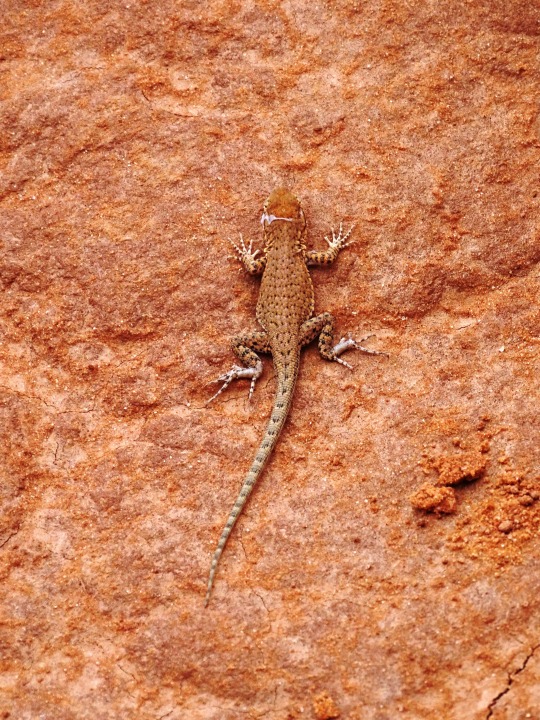
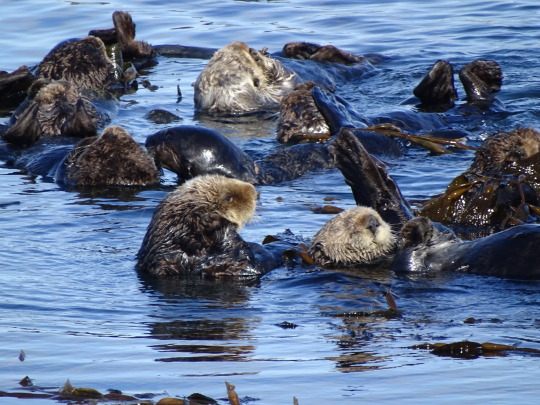
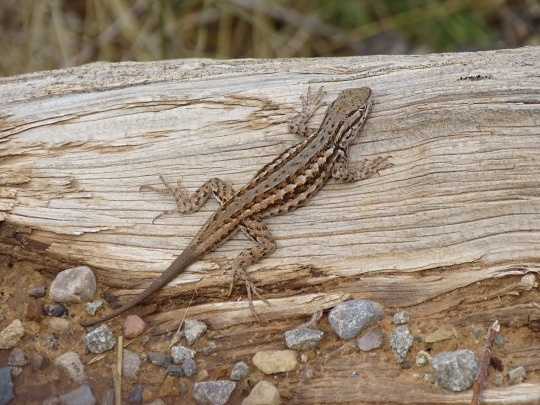
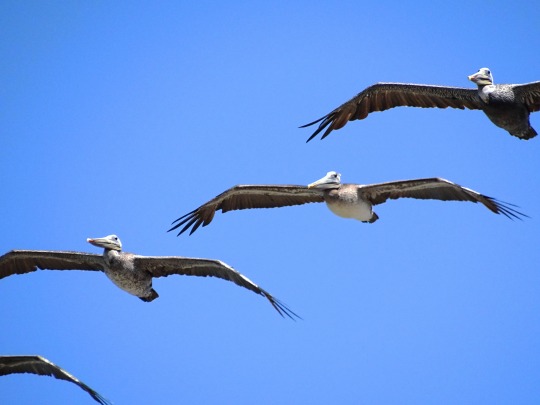
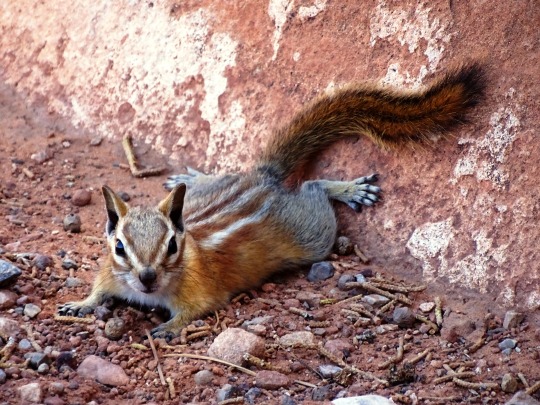
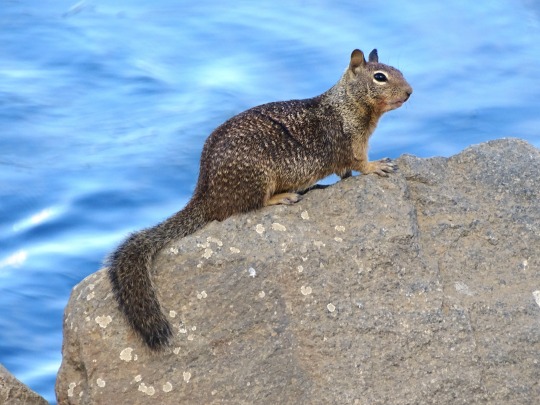
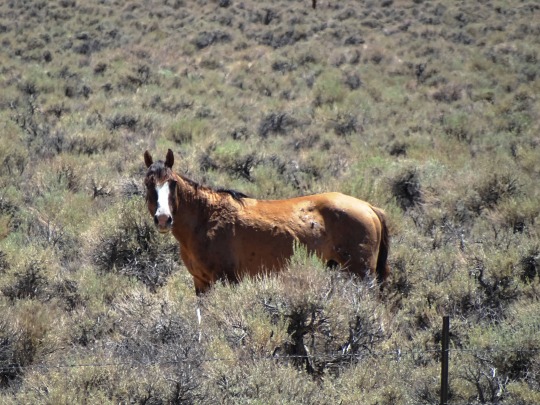

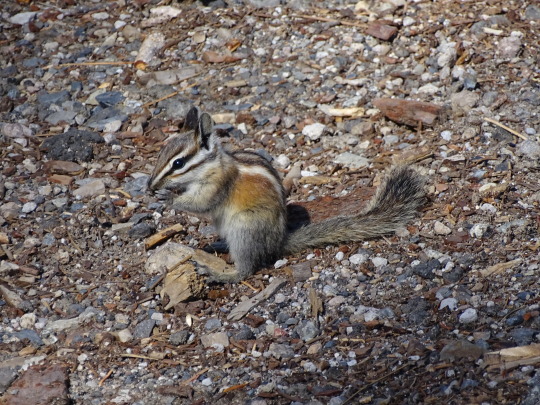
World Wildlife Day
The World is full of amazing creatures from every possible medium. From the birds of the air to the majestic whales of the sea, wildlife abounds in the most unusual and unexpected places. Wildlife benefits us in many ways and has since timed out of mind. World Wildlife Day is a day to remind us of our responsibilities to our world and the lifeforms we share it with.
Even though we might like to think so sometimes, humans aren’t the only living things on Earth. In fact, we’re far outnumbered by other living things, from animals and plants to fungi and bacteria. Wildlife isn’t just something that we passively observe; it’s part of our world, and something we need to care for. World Wildlife Day is your chance to celebrate all wildlife, from the smallest insect to blue whales. No matter what you love about wildlife, you can spend the day taking action to help protect it.
This day is all about raising awareness of wild flora and fauna across the world. Whether you love animals, you’re passionate about plants, or you’re concerned about climate change, it’s the day that you can use to educate yourself or others. You can celebrate the incredible biodiversity across the world and perhaps get out there to explore the huge range of flora and fauna the world has to offer. Celebrating World Wildlife Day is a must for anyone who loves our planet.
History of World Wildlife Day
On March 3rd, 1973 the United Nations General Assembly took a stand to protect Endangered Species throughout the world. Whether plant or animal, the importance of these species in every area of human life, from culinary to medical, could not be understated. At this time hundreds of endangered species were being threatened every year, and extinction was at a staggeringly high rate. CITES was put into place (Convention on International Trade in Endangered Species) to ensure that the world did not continue to hemorrhage species that would never be seen from again.
On December 20th, 2013 another step was taken to help spread awareness of the fragility of endangered species in the world. At its 68th session, the UN declared that each year World Wildlife Day would be dedicated to a new purpose and idea to help keep people abreast of the changing nature of our world, and the treasures we stand to lose from the animal and plant kingdom if we don’t take care.
Sometimes the day highlights an endangered animal or group of animals, while in other years, it has focused on a specific issue affecting the world of wildlife. Previous themes have included getting serious about wildlife crime and listening to young voices. World Wildlife Day is implemented by the CITES Secretariat, working together with relevant UN organizations. The day might not have been around for long compared to some others, but it’s already made a big impact. If you are passionate about the Earth and everything on it, celebrating is a must.
World Wildlife Day Timeline
1900 First wildlife conservation act is passed in the US
The Lacey Game and Wild Birds Preservation and Disposition Act is passed by Congress, which is the first legislation of its kind in the United States.
1948 International Union for Conservation of Nature begins
This is the first effort toward conservation that is supported by governments and societal organizations globally and its purpose is to encourage cooperation and the sharing of resources regarding conservation.
1961 World Wildlife Federation is established
A group of individuals who are passionate about protecting endangered species and places bands together to secure funding to this end.
1973 Convention on International Trade in Endangered Species
Negotiated in Washington DC, CITES is an international agreement between governments to protect the survival of various wild species by ensuring that trade does not threaten them. The signing takes place on March 3.
2013 First World Wildlife Day is celebrated
At its 68th session, the United Nations General Assembly (UNGA) declares March 3 as the day to raise awareness and and celebrate the wild animals all over the world.
How to Celebrate World Wildlife Day
You can celebrate World Wildlife Day on your own or with others, whether you just want to spend some time contemplating the majesty of nature or you want to spread the word about just how amazing the world’s wildlife is and how we can protect it.
The first thing that always comes to mind when we think about World Wildlife Day is heading out to our local zoo or botanical conservatory and reminding ourselves of the vast variety of life our world offers. If you have children, this can be one of the best ways to really introduce them to the wonders of the animal and plant kingdom. If you’re feeling particularly adventurous, an outdoor excursion with a book of local flora and fauna (That’s plants and animals) can help make that connection come even closer to home.
You could also spend the day spreading the word about the importance of our wildlife. If you love our planet, what better way to celebrate everything on it than to encourage other people to care about it too? You might create an event, get people to sponsor you or create some education materials. Choose a cause that matters to you, whether it is a local one or an international wildlife issue that you want to highlight.
Another way you can get involved is finding out what this year’s theme is by stopping by www.wildlifeday.org and finding ways to get involved. The website has a map of events that you can search to discover things to do near you, or you could add your own event to encourage others to get involved too. You can find a range of useful materials on the site too, including posters, logos, a social media kit, and a special action card that you can use to take photos. You can find suggestions for World Wildlife Day hashtags to use on social media or any materials that you create for your event too. Some of their suggestions for getting involved include running a competition, engaging with influencers, celebrities and politicians, and showing your appreciation for those who help to conserve wildlife every day.
There are few things as important as making sure that the world’s biosphere remains healthy, every time we lose a plant or animal, we have no way of knowing if a cure for a disease or some new medical breakthrough was lost with them. World Wildlife Day is your opportunity to do your part in preserving our world.
World Wildlife Day FAQs
Who started World Wildlife Day?
World Wildlife Day was started by the United Nations General Assembly which is the main policy-making sector of the assembly. Over the years it has become the most important annual event dedicated to the preservation of wildlife.
What is World Wildlife Day?
World Wildlife Day offers a simple opportunity to consider the animals and plants that humans share the planet with and to take action to help them in a variety of ways.
How to get involved with World Wildlife Day?
Taking part in World Wildlife day can be simple or more involved. The best ways to stay connected are to learn more, share the need with friends and family members, get to know threats to your local area, and host an awareness day at the office or at school.
Why do we celebrate World Wildlife Day?
The purpose of the celebration of World Wildlife Day is to raise awareness for the plight of and care for wild species that may be at risk and need to be protected.
When did World Wildlife Day start?
Although attention to wildlife has been active for more than 70 years, World Wildlife Day is a fairly modern celebration, officially started by the UN in 2013.
Source
#sea otter#pelican#lizard#California ground squirrel#Morro Bay#California#Monument Valley Navajo Tribal Park#Utah#Arizona#Pacific Ocean#Elephant Seals of San Simeon#Northern elephant seal#Sagebrush lizard#Mesa Verde National Park#Arches National Park#Hopi chipmunk#wild horse#Lodgepole chipmunk#World Wildlife Day#3 March#animal#flora#fauna#summer 2022#original photography#travel#vacation#USA#Colorado#California toad
6 notes
·
View notes
Text
Adventures in Arizona (3/8)
(2/8) <- Part of a series I'm doing to practice rendering -> (coming soon)

4 notes
·
View notes
Text
Im actually so fucking happy i dont have to deal with the time change here in AZ but like I understand why people arent happy with it


daylight savings is actually truly one of the most evil things in the world. just casually forcing us to confront the fact that time is fake while torturing insomniacs, autistics and schoolchildren across the globe. when will the agony end
41K notes
·
View notes
Video
Real Monument Valley Navajo Tribal Park! by Mark Stevens Via Flickr: While at the Mittens and Merrick Butte overlook viewpoint with a view looking to the north-northeast to other sandstone formations and buttes of in the distance. This is in Monument Valley Navajo Tribal Park. Stagecoach and West Mitten are present in the image.
#Azimuth 20#Blue Skies#Butte#Colorado Plateau#Day 4#Desert Landscape#Desert Mountain Landscape#Desert Plant Life#DxO PhotoLab 7 Edited#Erosional Landscape#High Desert#Hopi-Navajo Mesas#Intermountain West#Landscape#Landscape - Scenery#Looking NNE#Monument Valley#Monument Valley Navajo Tribal Park#Nature#Navajo Area#Navajo Indian Reservation#Navajo Nation Reservation#New Mexico and Mesa Verde National Park#Nikon D850#No People#Outside#Project365#Sandstone Buttes#Sandstone Spire#Scenics - Nature
1 note
·
View note
Text
How to Spend One Day at Grand Canyon National Park
Grand Canyon National Park is one of the most famous places to visit in the United States. The site is considered one of the seven natural wonders of the world. But, what can you do during a visit to the National Park Site. We’ll let you know how to spend one day at Grand Canyon National Park. Getting to Grand Canyon National Park Sign at Grand Canyon’s South Rim entrance. It is a journey to get…
#NPS#Arizona#Grand Canyon#Grand Canyon National Park#Hopi House#Maswik Lodge#Mather Point#National Park#South Rim#Verkamp&039;s Visitors Center
0 notes
Text
learning today G-Witch was written by the Code Geass guy makes me way more interested in it ngl
0 notes
